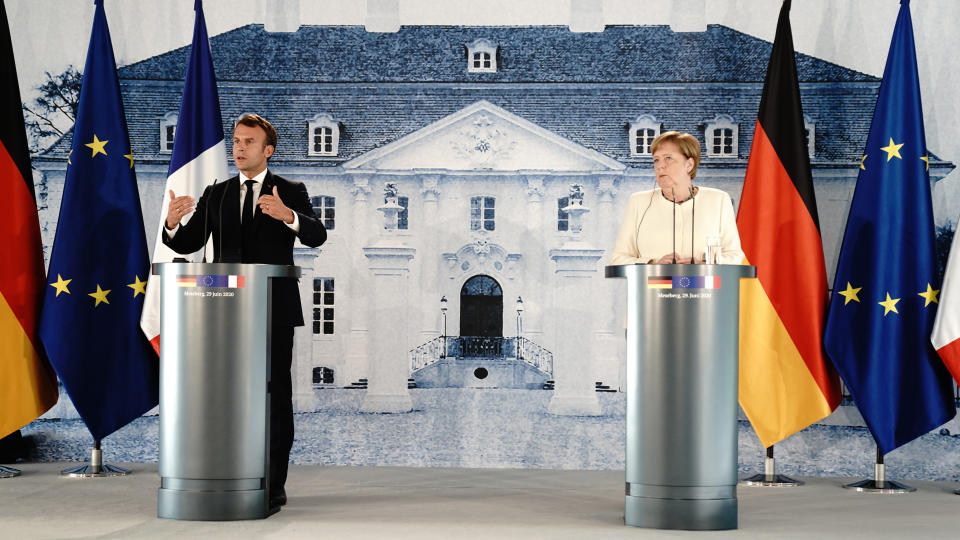Coronavirus to cause deeper recession than expected in EU

The European Commission today issued a revised — and much gloomier — forecast for the EU economy for 2020.
Brussels expects that the euro-area economy will shrink by 8.7% this year, versus the 7.7% GDP contraction it forecast earlier this year.
"The economic consequences of the lockdown are more serious than we originally thought," said EU Commission vice president Valdis Dombrovskis.
The Commisssion notes that the revised prediction is based on lockdown measures lifting at a more gradual pace than it has assumed in the spring forecast, causing a “more significant” impact on economic activity than anticipated.
The economies of Spain, France, Italy and Croatia are forecast to be the worst-hit this year, with contractions of over 10% each, although recovery will be uneven across the bloc.
Looking ahead to 2021, recovery from the impact of the coronavirus pandemic is now expected to be slower than previously though, with a 6.1% increase in GDP versus the previous prediction of 6.3% in the euro zone.
The Commission stressed that its forecast today is based on high levels of uncertainty — a second wave of the pandemic could make things worse.
“This forecast shows the destructive economic effects of this pandemic,” said EU economic commissioner Paolo Gentiloni in a statement.
He urged EU member states to come to a “swift agreement” on the coronavirus recovery fund proposal that is currently on the table “to inject both new confidence and new financing into our economies at this critical time.”
READ MORE: Merkel and Macron cement support for €750bn EU recovery fund
EU leaders will meet in Brussels on 17 and 18 July to try and reach an agreement on the €750bn (£683bn, $844bn) recovery package.
German chancellor Angela Merkel and French president Emmanuel Macron are spearheading the push to bring member states to an agreement as soon as possible. Reaching consensus, however, could be a tough task, as a number of countries, including Austria and the Netherlands, are opposed to taking on mutual debt to finance the €500bn that would be issued as non-repayable grants to countries in need.

 Yahoo Finance
Yahoo Finance